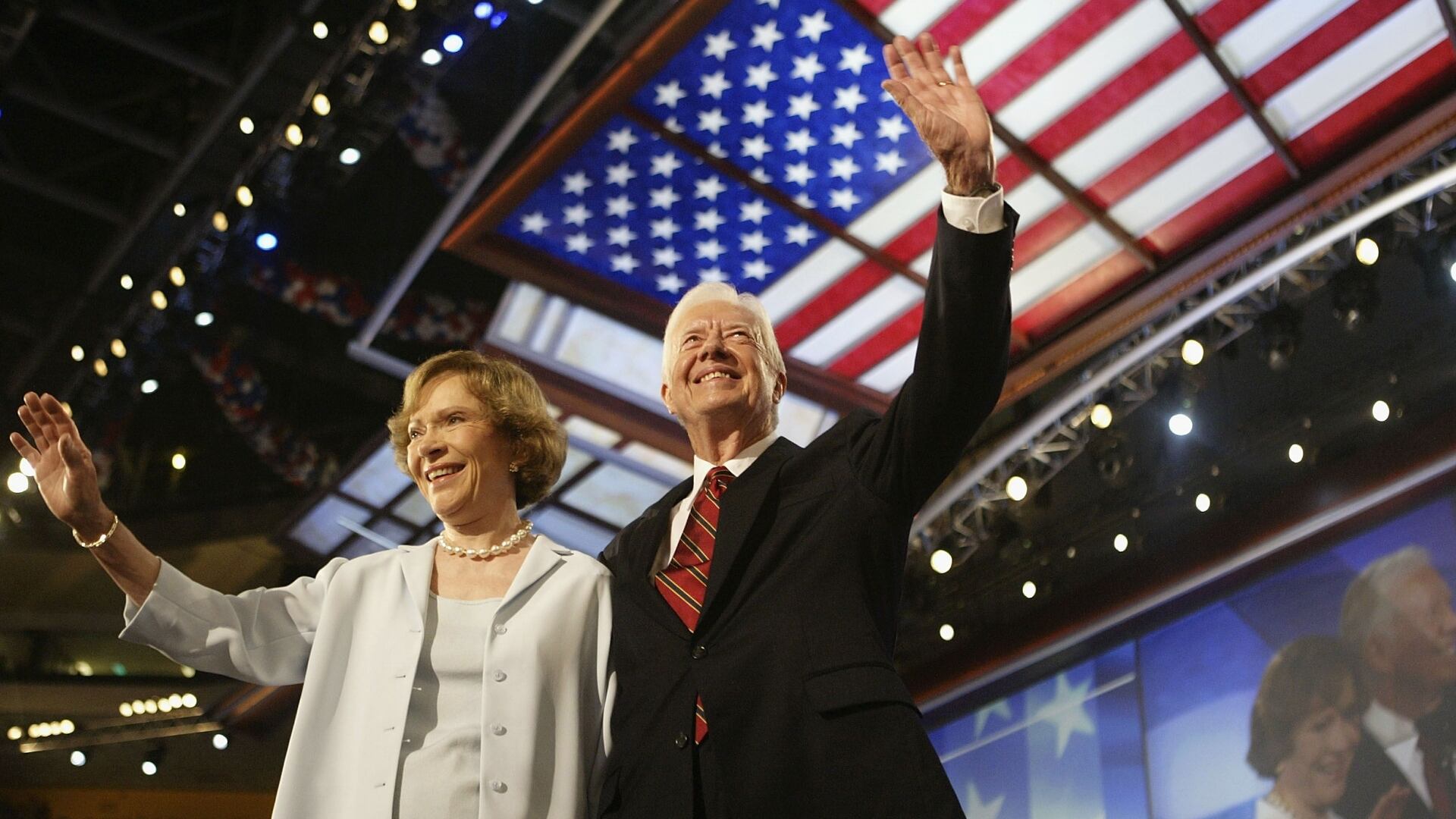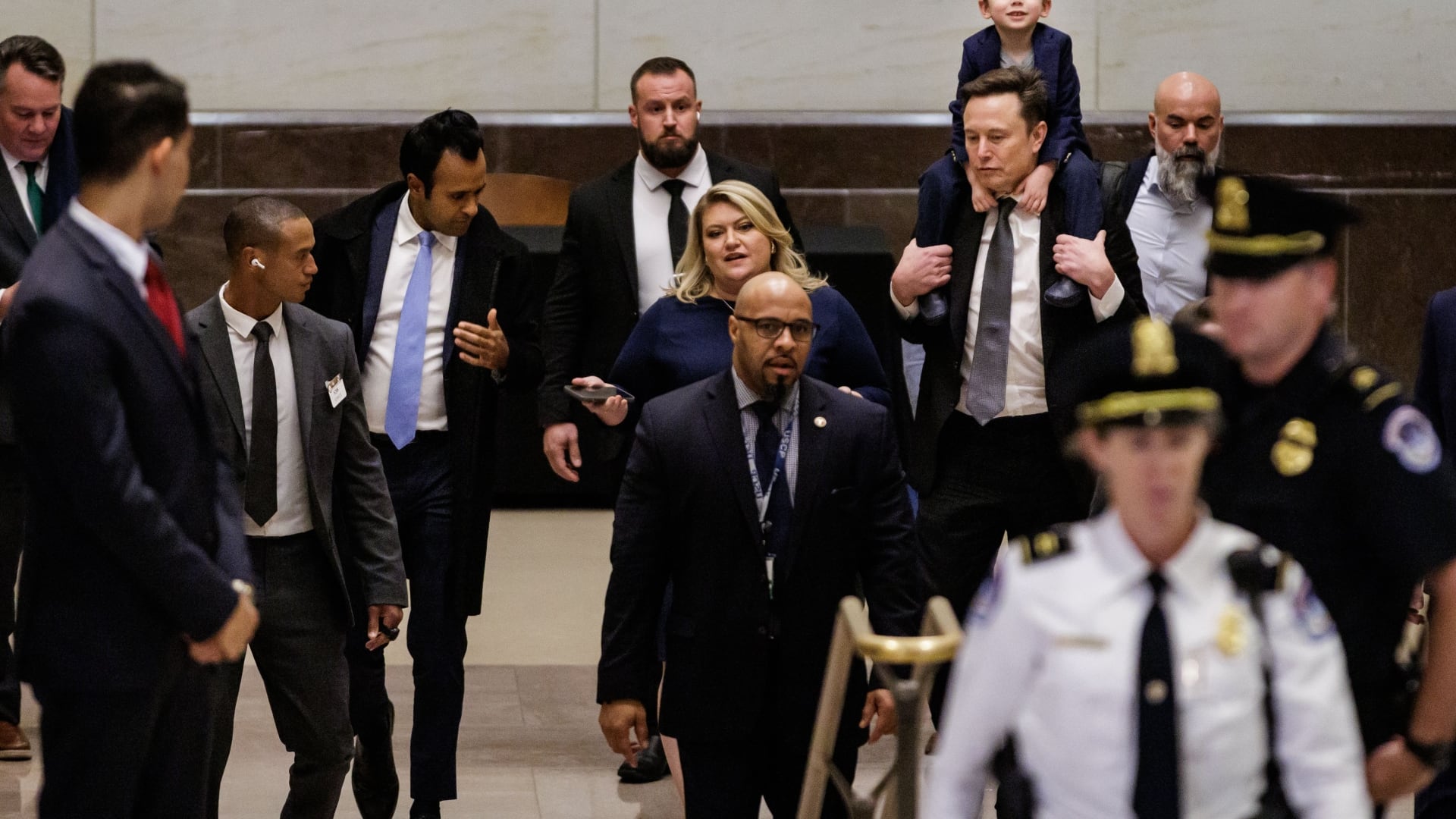Black residents in San Francisco could receive a life-changing amount of money in the form of reparations if a plan backed by the city's Board of Supervisors gets enacted.
The board voiced support for the city's reparations committee's recommendation to pay eligible Black adult residents $5 million and also recommended eliminating personal debt, tax bills, and instituting guaranteed yearly incomes starting at $97,000 for the next 250 years, according to the Associated Press.
There are estimated less than 50,000 Black residents living in San Francisco, only 6 percent of the current population.
Like other such plans explored around the country to improve Black generational wealth, it received some pushback from the local community.
"Those of my constituents who lost their minds about this proposal, it's not something we're doing or we would do for other people. It's something we would do for our future, for everybody's collective future," said Rafael Mandelman, San Francisco supervisor.
While the board said it was open to the reparations proposal in an effort to atone for slavery and institutionalized racism, some supervisors have said the city cannot afford major reparations payments. Lee E. Ohanian, a professor with Stanford University's Hoover Institution, estimated that the plan could cost non-Black families at least $600,000 per household.
"This conversation we're having in San Francisco is completely unserious. They just threw a number up, there's no analysis," said John Dennis, chair of the San Francisco Republican Party.












